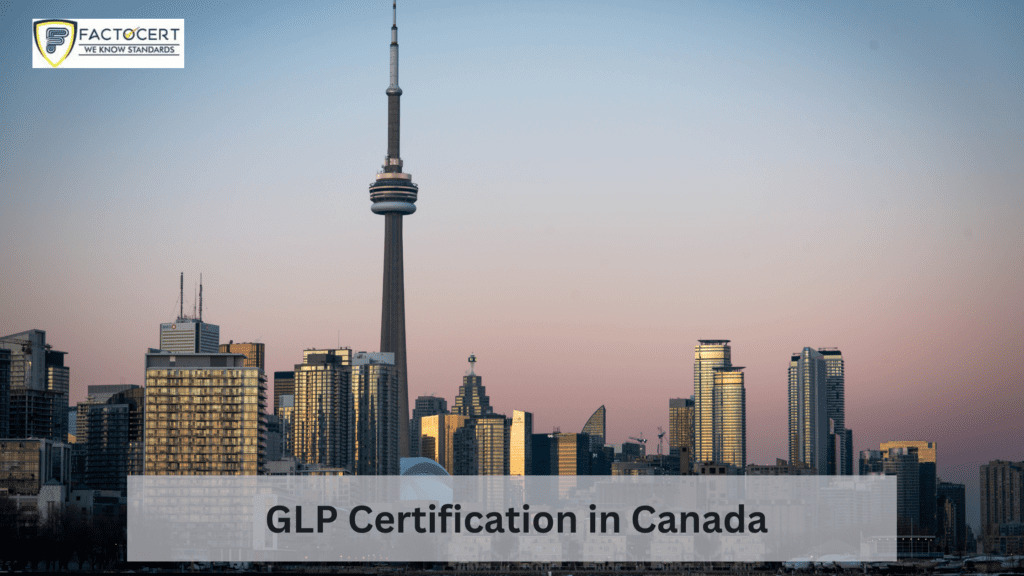GLP certification in Canada can be a big plus for any pharmaceutical company. It shows that the people working there have been through rigorous tests to ensure their medicines are safe. The tests include Efficacy and Safety tests, as well as Nonclinical studies. In addition, many regulatory bodies oversee these tests.
Major Benefits of GLP Certification in canada
Nonclinical studies
Ensure your nonclinical studies comply with GLP (Good Laboratory Practice). This helps assure regulatory agencies that your nonclinical data is reliable and ethical. Using international best practices is essential in all stages of therapeutic product development.
Good Laboratory Practice provides regulations for the nonclinical animal, human and food testing. It promotes the integrity of scientific data and the ethical treatment of animals. It also helps to increase the quality and reliability of test results.
For a study to qualify for GLP compliance, it must follow several standards. The Standard Operating Procedures must be followed carefully, and deviations must be documented. Specimens and raw data must be appropriately stored in archives. This ensures that they are available for audits. The test facility should maintain the final report.
A GLP facility must have adequate facilities for all studies. This includes a quality assurance unit and a monitoring authority. This unit will monitor the GLP program and ensure the regulations do the work.
Safety tests
Performing safety tests on products is an essential component of any laboratory’s mission. Whether you are a university or a small research facility, ensuring the quality and validity of your data is critical. However, it would help if you did not confuse GLP with other standards.
GLP stands for Good Laboratory Practice, and it refers to the principles that ensure the integrity, reliability, and correctness of nonclinical drug safety information. In addition to maintaining the quality of the results, the practice ensures that the test articles and their components are ethically handled.
In the United States, FDA inspectors can review lab records. They can also request monitoring reports by court order. Typically, a study’s deviations from protocol are included in the final GLP study report.
A random sampling approach should be part of your standard operating procedures. This should be done to help you detect any GLP deviations. A more comprehensive method would be conducting a data audit of your laboratory.
Efficacy tests
Efficacy tests for GLP certification in Canada are not limited to laboratory procedures. Several standards focus on the safety of the equipment and clothing used during laboratory activities. Among other things, the FDA inspects laboratories to ensure that they operate according to GLPs.
The most common sources of warning letters are inadequate qualification procedures. A good quality assurance unit should provide separate procedures for quality assurance functions such as GLP validation. These should include a process to periodically report the results of quality assurance studies to management and the study director.
The best GLP qualification tests involve the validation of an instrument to perform accurately. They include tests to determine if an instrument is calibrated and maintained correctly. In addition, they also include testing to verify that the instrument can generate accurate results.
Some GLP regulations can impact the cost of toxicology studies. For example, the FDA requires that test articles and reagents be certified as effective. The agency does not accept data from laboratories that refuse to be inspected.
Regulations
Generally, the Regulations of GLP Certification in Canada are designed to ensure that nonclinical laboratory data is reliable. Moreover, the regulations are also process-oriented. They specify that an official Quality Management System is required to meet basic requirements.
A quality assurance unit is responsible for the conduct of nonclinical laboratory studies. The unit’s responsibilities include making periodic reports to the study director and management. It also reviews the final study report to ensure the results are accurate.
A paper trail of the laboratory measurements is necessary to reduce the chances of false findings and to ensure the traceability of the laboratory’s data. In addition, a well-maintained archive is essential to store the raw data. The laboratory’s equipment and instruments must be cleaned regularly and maintained accordingly.
The laboratory’s procedures and Standard Operating Procedures must be followed strictly. Deviations from these procedures must be recorded diligently. This is an essential factor in maintaining GLP compliance.





